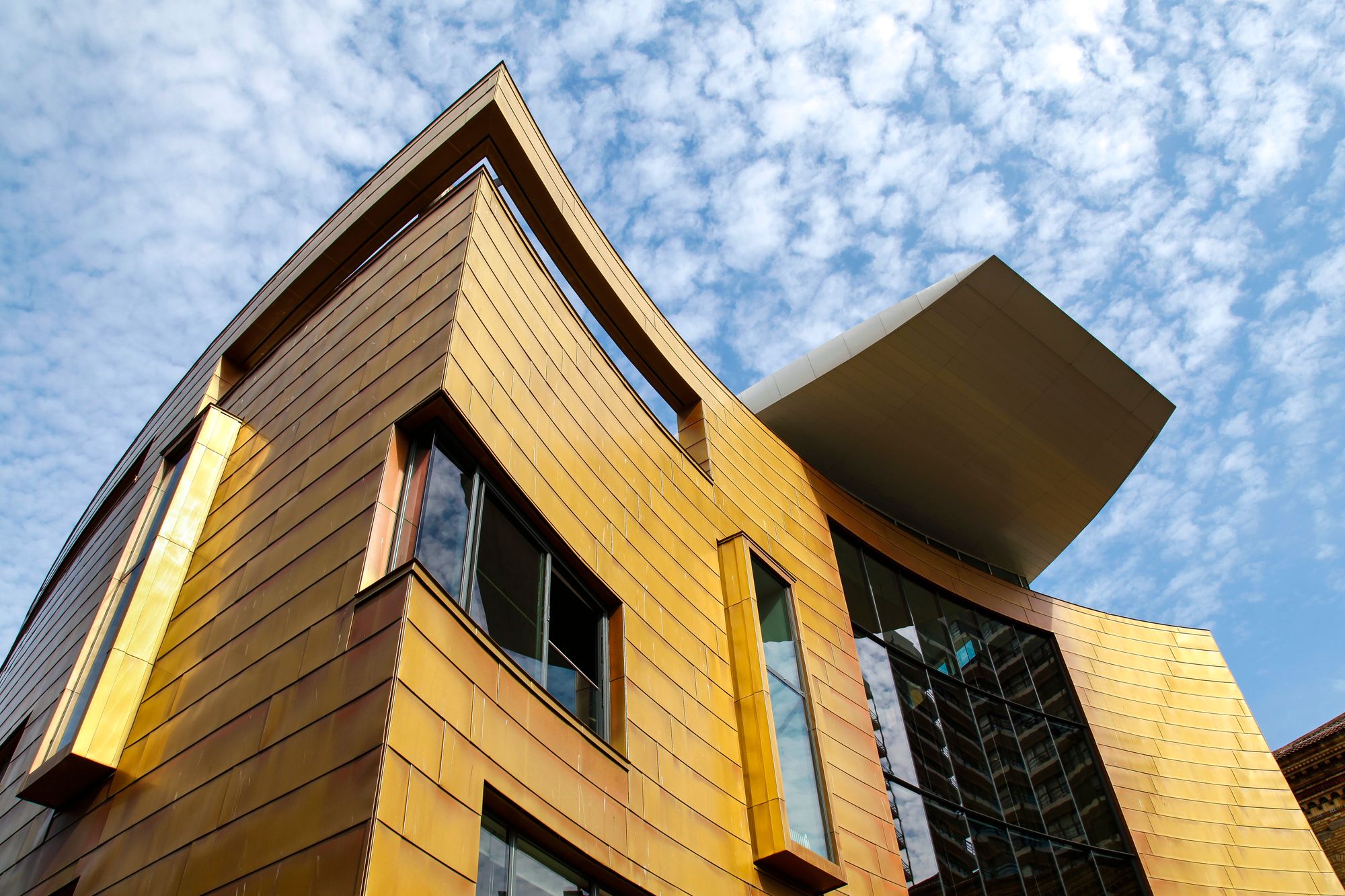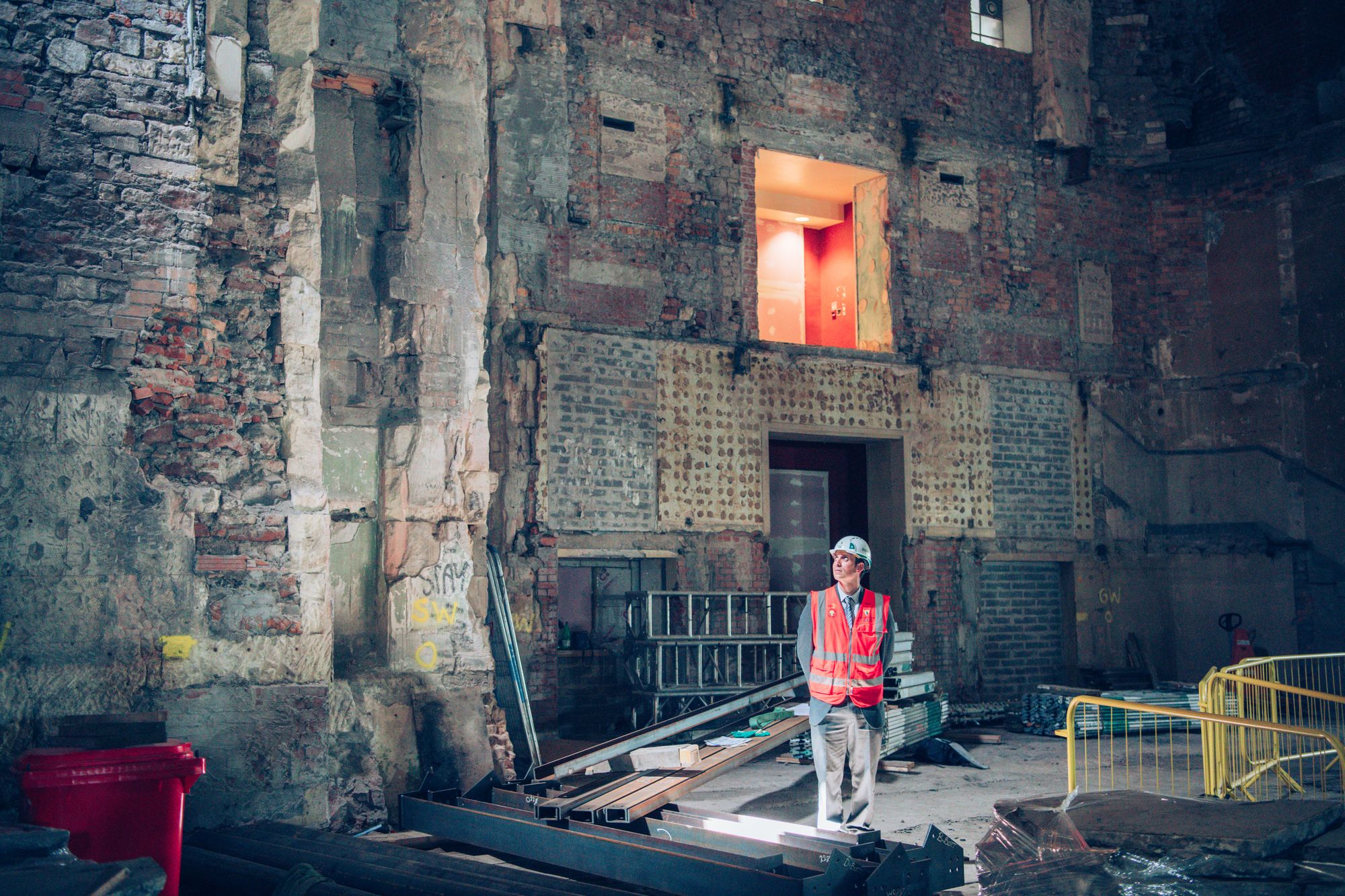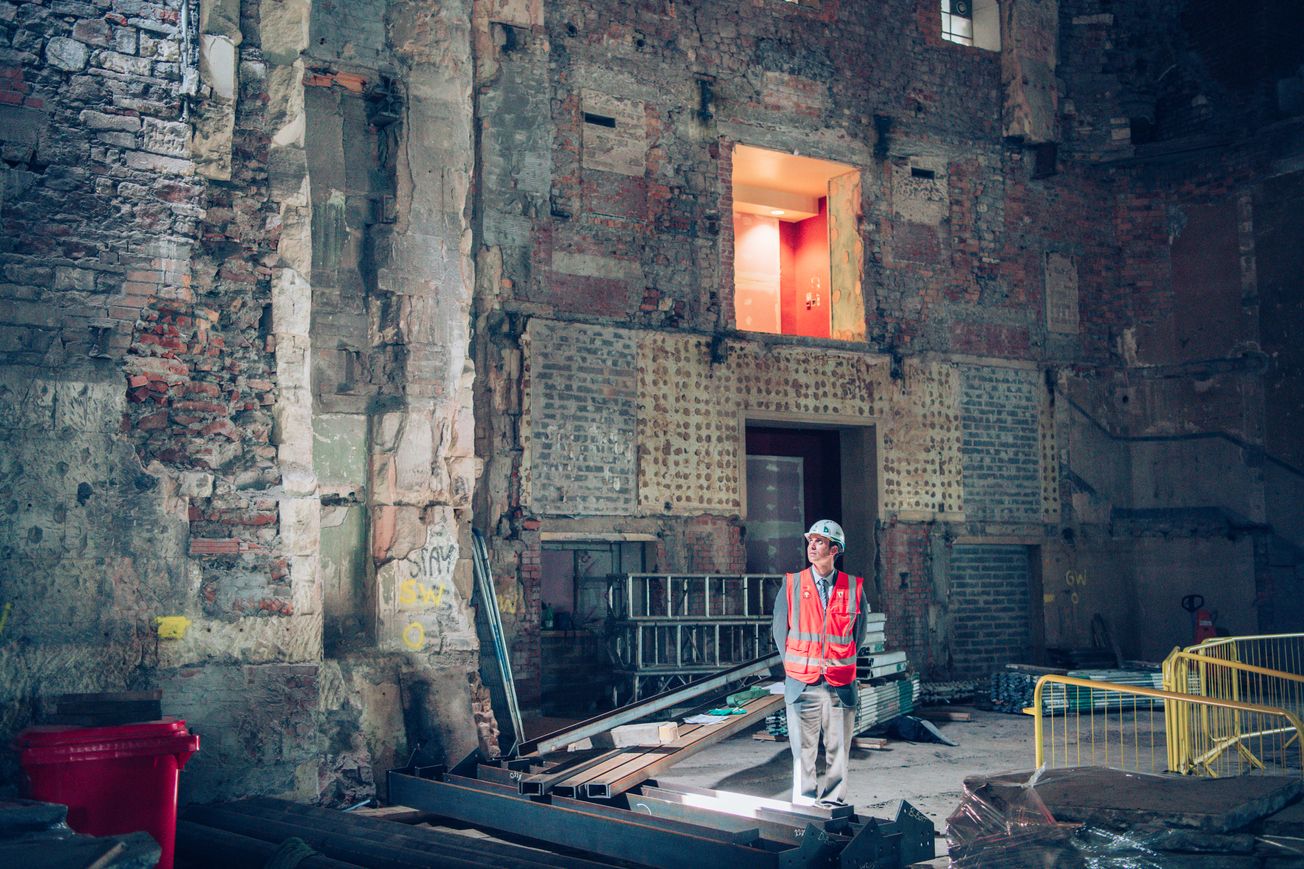By Noor Evers, Third year, Politics & International Relations
On 3 October Colston Hall declared their goal to become carbon neutral by 2030. It was the first concert hall in the UK to do so. Here is more about the plans that are in place to ensure such an ambitious goal is achieved.
As one of Bristol’s grandest music venues since opening in 1867, this is a significant move towards creating a more sustainable city. On Saturday 12 October, a ‘Discovery Day’ was organised where members of the Bristol community were involved in workshops, talks and performances to both learn about and contribute toward a greener arts and performance venue.
The charity that manages Colston Hall, Bristol Music Trust, made the commitment in light of its extensive ‘Transform the Hall’ refurbishment. This is a £48.8m project designed to modernise the Grade-II listed Victorian building, which hasn’t seen a comprehensive upgrade since 1951.
The first overhaul came in 2009, with the implementation of a new foyer. The second phase, which started in September 2018 and concludes in 2021, involves redesigning the main hall, to breathe new life into its smaller performance spaces and creating an education suite.
This is a £48.8m project designed to modernise the Grade-II listed Victorian building

Colston Hall aims to realise their aspirations of carbon neutrality by evaluating the current status of sustainability in order to form a renovation execution blueprint by autumn 2020. This will take into account the UN Sustainable Development Goals.
The Hall will be supported by a network of sustainability partners, including a new trustee - Pukka Herbs’ co-founder Tim Westwell, carbon neutral contractors Willmott Dixon and Bristol City Council’s Energy Management Unit. Most notably, Sydney Opera House is going to be a key advisor given their accomplishment of becoming carbon neutral in 2018.
Colston Hall’s sustainability overhaul will cover many different areas, including the use of energy and resources in its business operations, which include events, communication materials, and the services it provides. For example, in its environmental policy, it outlines proposals to change all lighting from GLS to LED.
Sydney Opera House is going to be a key advisor given their accomplishment of becoming carbon neutral in 2018
The venue hopes to use new technology to increase control and efficiency of energy it uses, whilst also introducing a ban on single use plastics. They will be taking into account environmental and ethical standards whilst selecting providers.
The current information available does not fully clarify how the Trust will achieve an almost fully renewable energy and zero waste system, although the construction of new solar panels, new facilities for converting waste to energy, and a greater recycling and carbon-offsetting schemes are all indications of how this may be done.
Our "how green is your concert hall?" Talk has kicked off, discussing how a music venue can minimise it's impact on the Earth and become more sustainable.
— Colston Hall (@Colston_Hall) October 12, 2019
Our Development Director @rosacorbishley explains how we're making our plan to become #carbonneutral by 2030. pic.twitter.com/UhEDN3HrjS
There is a reason why carbon neutrality is often called an ‘ambitious’ objective – it requires a comprehensive transformation and it arises difficult economic considerations. Although Colston Hall has said it is re-evaluating ‘all aspects of [its] business model’ to this end, it is also aiming for growth in order to provide more concerts and greater music education. These are two very difficult objectives to reconcile.
(Colston Hall) has a responsibility to make a difference and lead the way Louise Mitchell
Remarkably, a large part of the Hall’s plans does not involve internal technical solutions, but rather forging awareness of environmental issues and sustainability practices amongst its staff, suppliers and customers. This will happen by continually communicating and updating environmental objectives and practices, organising awareness training, and promoting the use of public transport, cycling and walking.
This is promising as a method to ensure environmental footprint reductions not just at Colston Hall, but for the greater arts and culture industry. As Louise Mitchell, the Trust’s chief executive, stated, the Hall has ‘a responsibility to make a difference and lead the way’. Nevertheless, it remains to be seen how responsive the industry will be to the music venue’s move to carbon neutrality.
Colston Hall is not the only Bristol institution that is addressing climate change and environmental protection. In November 2018, Bristol City Council became the first UK local authority to declare a Climate Emergency and pledged to make the city carbon neutral by 2030.

It formally adopted these ambitions as part of the One City Plan for 2050 and Climate Emergency Action Plan. It is vital for the council to lay the groundwork in order to give organisations and businesses the opportunity to undergo a long-term, sustainable transition.
This year the University of Bristol, alongside We The Curious and Bristol’s two NHS hospital trusts have all become pioneers in announcing a climate emergency. In line with the council’s plans, they have individually committed to becoming carbon neutral by 2030.
Concurrent actions have already included We The Curious’ decision not to run the Millennium Square outdoor ice rink in search of more energy-efficient activities and the hospital Trusts’ use of electric bikes, car-sharing and lighting and heating improvements.
Nevertheless, these organisations still face significant obstacles, like the University’s challenge to fulfil its Temple Quarter Expansion plans whilst significantly reducing its environmental footprint. Ultimately, the individual success of Bristol’s institutions in meeting their carbon neutrality targets will rest on the entire city collaborating for a sustainable future.
Featured: Courtesy of Colston Hall
Do you think it is important that music venues such as Colston Hall consider their environmental impact?









